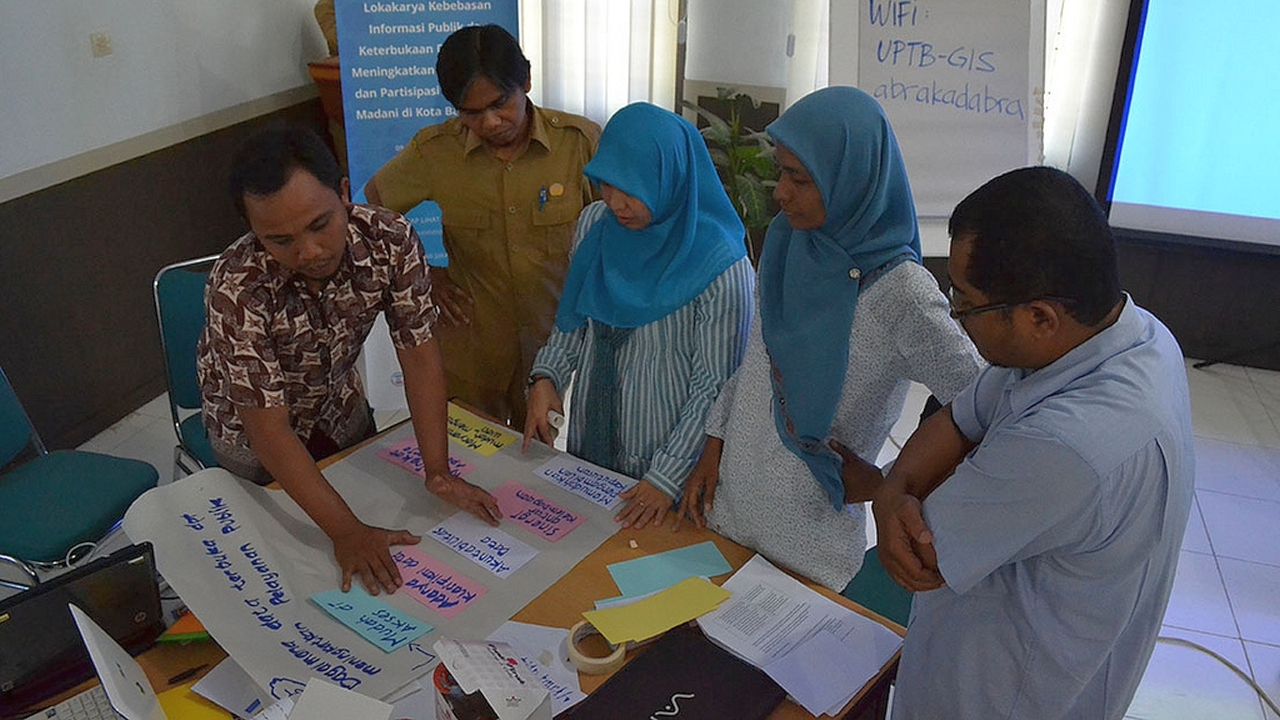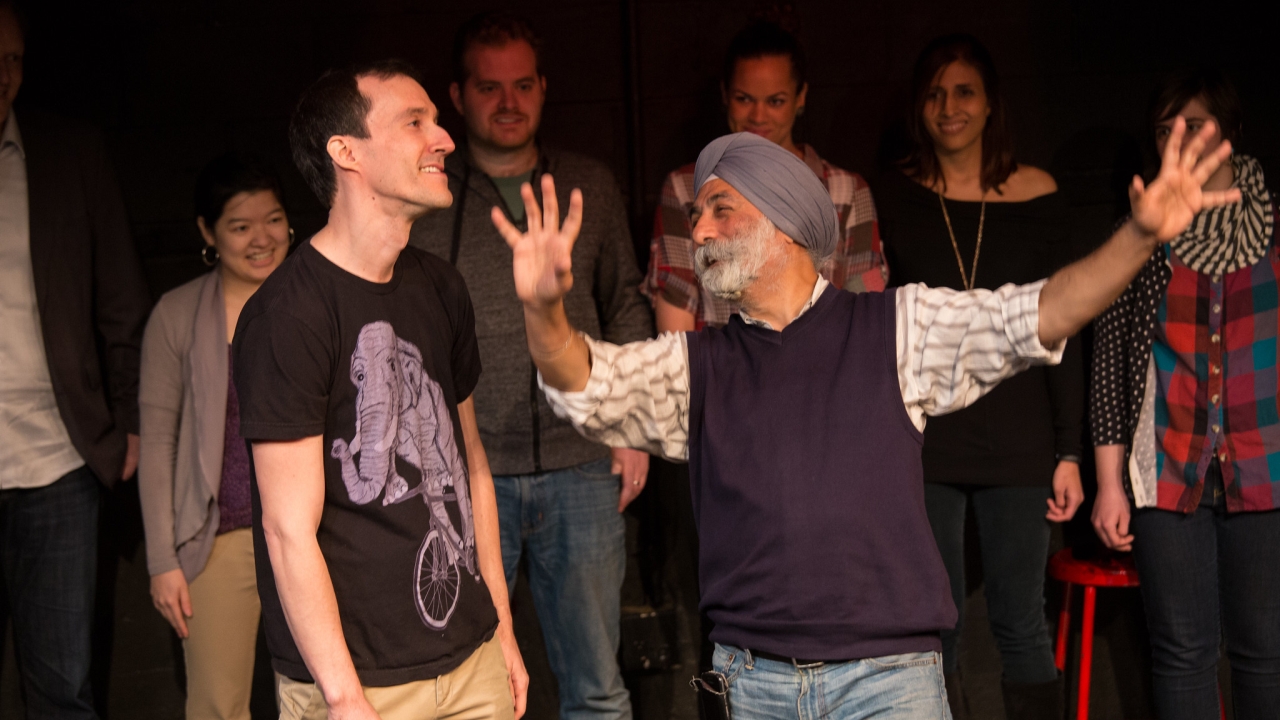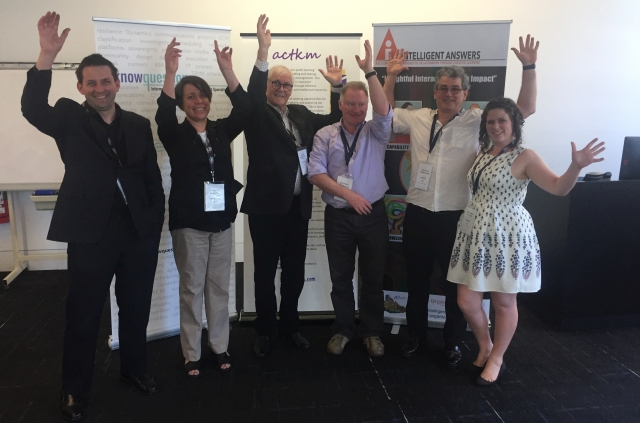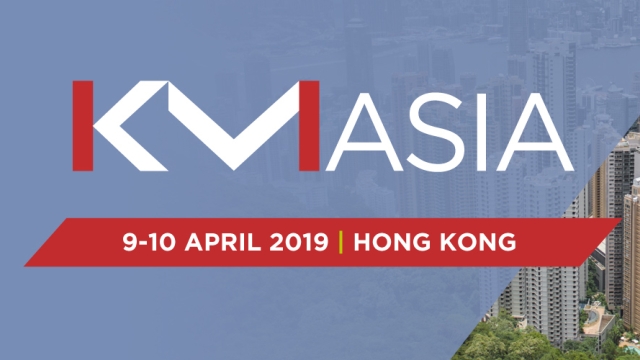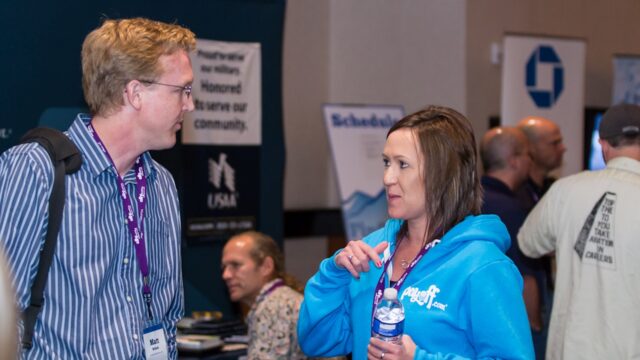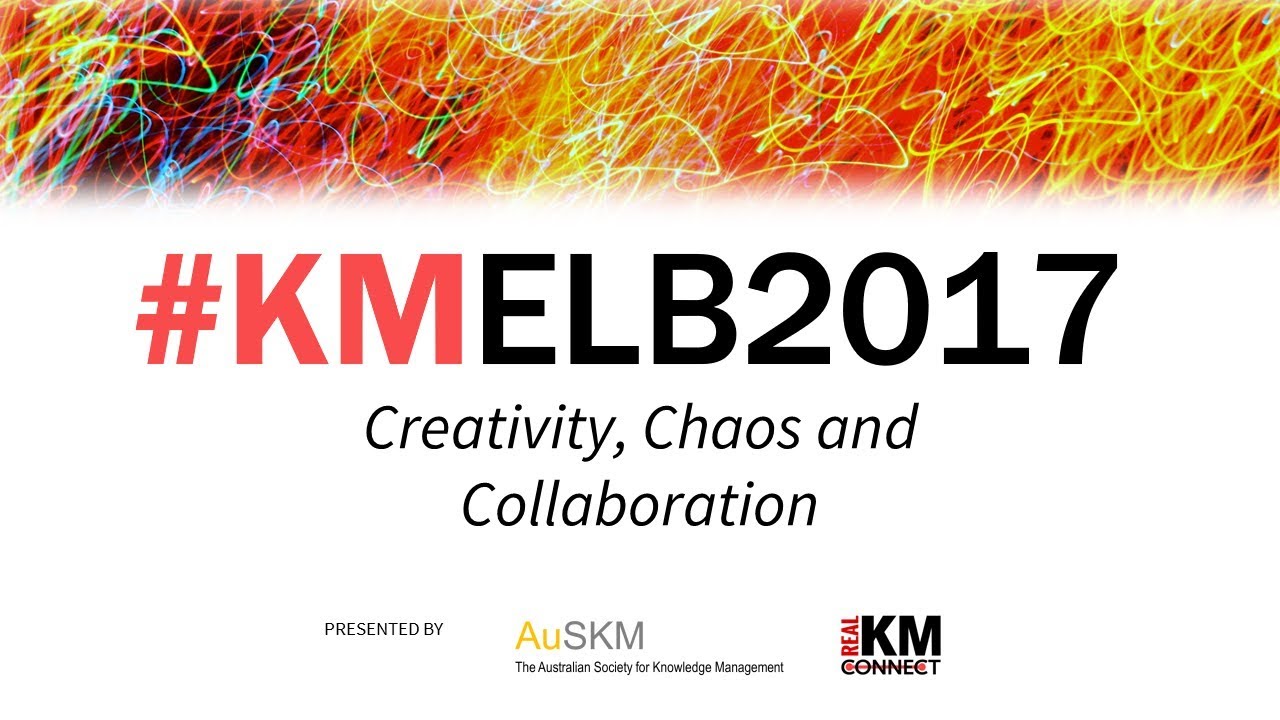
A practitioner’s reflection on #KMELB2017
In mid-November, the Australian Society for Knowledge Management (AuSKM) collaborated with KnowQuestion (RealKM) and Intelligent Answers (The Organizational Zoo) to host #KMELB2017 at RMIT University. It was intriguing to return to the campus where I did my boilermaker/welder apprenticeship back in the 1980s, when RMIT was just a vocational education institution.
Day 1 was a fascinating array of local and international presenters, with several excellent case studies from BUPA, Unispace and Metricon. I found Mark Schenk’s presentation on storytelling and Marie O’Brien’s observations on dual operating systems resonated well with the program of work I am currently managing on self-managed and agile teams.
The way in which we do business in many industries is changing faster than we can track it. Day 2 split participants into half-day workshops with Arthur Shelley and Stephen Bounds, and an unstructured day with me. Our session allowed participants to play with a range of knowledge management techniques and how they may be used to better understand an organisation and design some strategies to improving the creation and sharing of knowledge. I was delighted that Andrew Kingsford from the Kingsford Podiatry Group allowed us to dive in and explore the issues within his professional services organisation. We played with analytical and strategy techniques such as reverse brainstorming with Nerida Hart and using a knowledge management strategy canvas for creating a coherent strategy.
Arthur Shelley dropped in and led a session on exploring behaviours in organisations using his Organizational Zoo cards and methods. Marie O’Brien facilitated a session on understanding and using transformative scenario planning and ladder of inference techniques, as well as further exploring dual operating systems. Michelle Lambert facilitated a session on using ritual dissent for providing feedback, which was a first for me. The unstructured nature of day 2 allowed the group to relax and take the time to explore and contrast a number of techniques in a real world setting. The openness of the subject matter experts in critically analysing tools and models was quite thought provoking and an activity I would be keen to build on next year. Many thanks to Marie, Nerida, Arthur, and Michelle for facilitating sessions and to the rest of the group for their valuable insights and openness.

